Across the United States, a striking economic divide has become increasingly apparent, revealing a complex landscape where some sectors thrive while others struggle to survive. The pandemic has left an indelible mark, especially on low-income families who drained their savings during this trying period, maxed out their credit cards, and now find themselves suffocating under financial instability. The reality is that they are living in a state of economic insecurity, grappling with the anxiety of an uncertain future.
“It’s the economy, stupid!” is a phrase coined by political strategist James Carville that played a pivotal role in Bill Clinton’s victory over President George H.W. Bush in the 1992 election. This slogan resonates today as economic concerns dominate voter sentiment.
Recent voter surveys paint a vivid picture: when respondents are asked about the pressing issues, many cite “inflation.” Digging deeper, they express profound distress over rising prices that have dramatically affected their daily lives, without any hopeful signs of a decrease in sight. The disconnect between economic discourse and the lived experiences of average Americans is a chasm that continues to widen.
Ironically, one of the primary reasons the Democratic Party struggles to connect with these voters is their insistence on highlighting a somewhat optimistic, yet detached narrative. The campaign team for Vice President Kamala Harris championed the notion of America’s “economic exceptionality,” aligning with views espoused by various economists. They have pointed out that the U.S. economy is growing robustly, outpacing other G7 nations, and while inflation rates have dipped recently, real wages have also seen an increase, corroborated by a bullish stock market.
However, this perspective sends a disheartening message to many voters: it suggests a fundamental lack of understanding of their day-to-day realities. This portrayal comes across as aloof or even arrogant in certain contexts, leading many to feel disconnected from the political sphere, exacerbating the issue of representation.
The so-called “K-shaped economy” symbolizes a troubling trend in which economic recovery is unevenly distributed. While some sectors and families experience prosperity, others are left to navigate the treacherous waters of financial hardship. The hardest hit are those at the bottom of the income ladder, who face the dual burden of dwindling savings and crippling credit card debt, creating a cycle of economic insecurity.
Michael Spence, a Nobel laureate in economics, recently addressed this issue in a speech at Cambridge University’s Judge Business School. He pointed out that for the bottom 50% of income earners, exposure to media narratives about economic exceptionality could lead to skepticism or distrust. They may conclude that the media and economists discussing economic growth do not grasp their situation or are simply out of touch with the lived experiences of ordinary citizens.
The Democratic Party has further lost control of the inflation narrative. Statements indicating that “inflation rates, while still positive, have significantly dropped from the 2022 peak” fall flat. Voters are more concerned with the persistent high price levels that compound their living costs, eroding their quality of life.
Similarly, for families with minimal or no stock ownership, the stock market's all-time highs are irrelevant. As housing prices soar, first-time buyers are increasingly finding it impossible to enter the housing market—a significant setback that encapsulates the broader economic disconnect.
The challenge lies not just in how both parties communicate with voters but also in the flaws manifested within the traditional expert economic consensus. These economic experts often fail to articulate and reconcile the interplay between growth and financial vulnerability effectively.
It’s worth noting that undocumented immigrants have played a crucial role in supporting the U.S. economy, particularly from the supply side, thus catalyzing growth. Yet, the economists and experts who advocate for this economic perspective struggle to convey it effectively to a skeptical public, particularly in light of their past failures to predict significant economic downturns.
The failure to foresee the 2008 global financial crisis and the ensuing Great Recession, which almost plunged the country into a more severe depression, has cast doubt on expert forecasts. Similarly, in 2021, mainstream economic experts confidently asserted that the uptick in U.S. inflation would be “transitory”—a short-term and reversible phenomenon. However, as inflation rates surged and hit a peak exceeding 9% in June of the following year, this narrative was thoroughly dismantled.
This narrative serves as a stark reminder of an unusual reality: the chair of the world’s most powerful central bank, the Federal Reserve, is not an economist but a lawyer. One may ponder whether we would appoint someone without formal medical training to head the National Institutes of Health—such an idea seems ludicrous.
As the traditional media and established elites face mounting criticism, a growing anti-elite sentiment is threatening the leadership of these institutions. The emergence of new voices and perspectives calls into question the prevailing economic narratives and the credibility of the experts who have, until now, held sway in policy formation.
With the landscape of American political and economic discourse rapidly evolving, one can only hope that policymakers and economists will embrace a more nuanced understanding of the challenges facing low-income Americans. Acknowledging the realities of those impacted by the economic disparities is crucial for fostering a united path forward, where prosperity is not just a privilege for the few but a shared experience for all.
Ultimately, bridging the gap between expert analysis and everyday realities will require humility, empathy, and a willingness to engage with the communities most affected by economic hardship. As the disparity between different socioeconomic groups continues to grow, it will take concerted efforts from leaders across the political spectrum to pave the way toward a more inclusive economy.

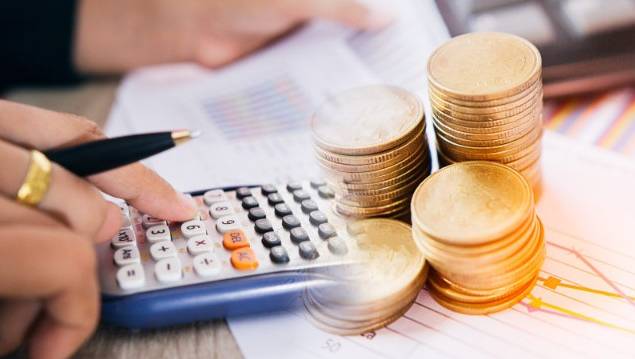


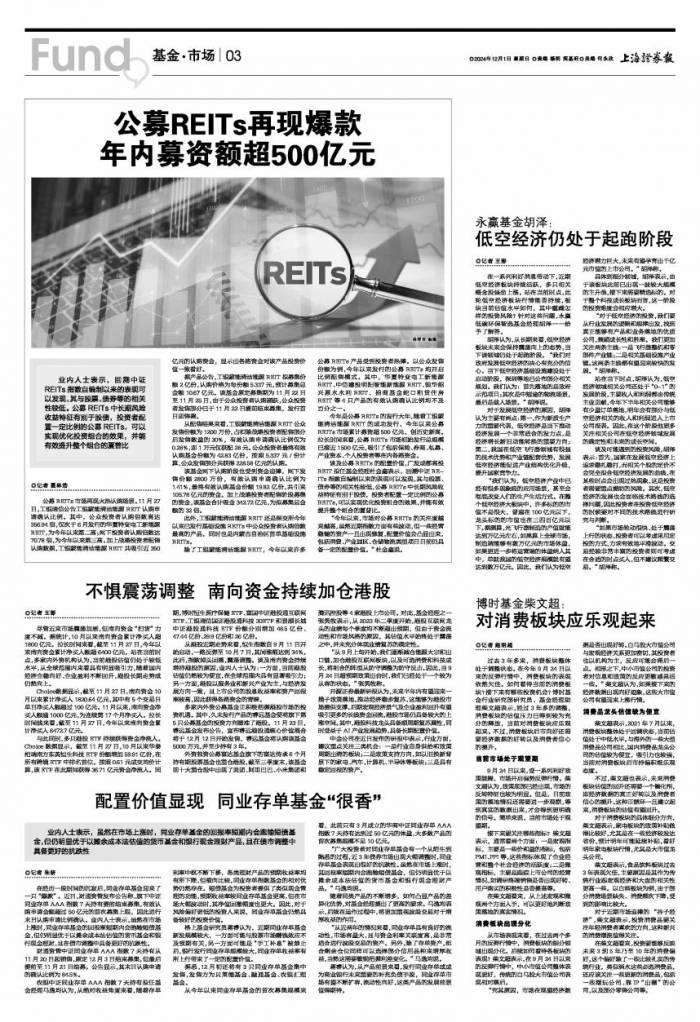
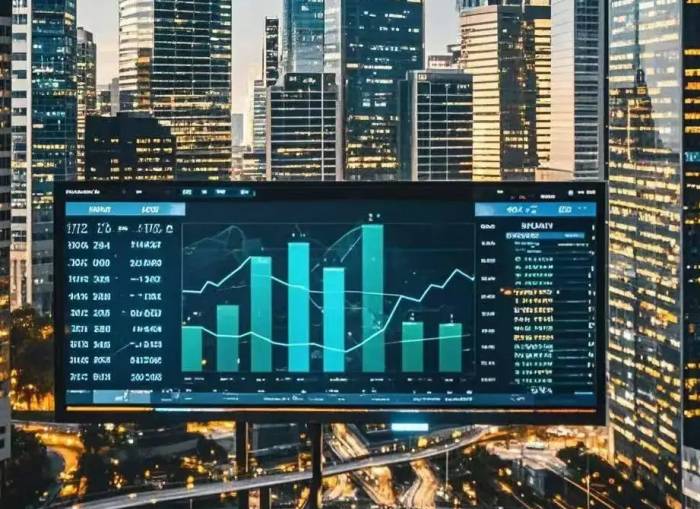
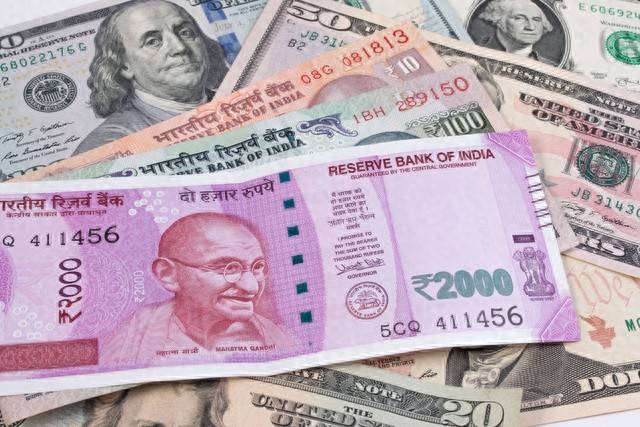
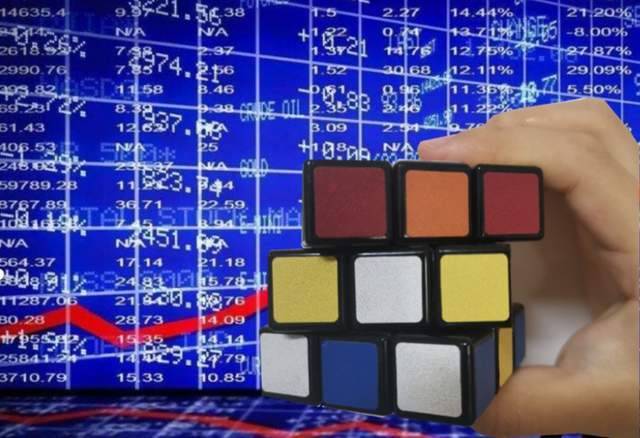
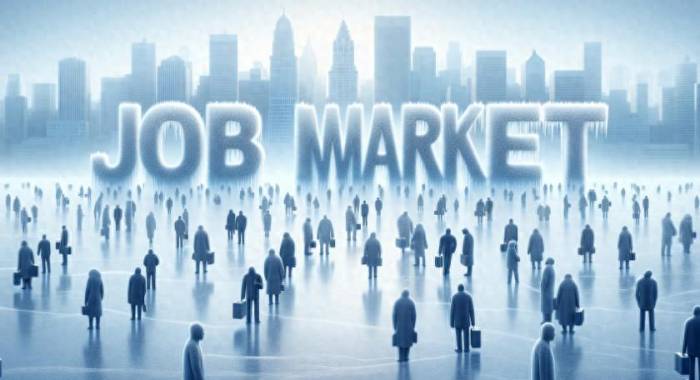
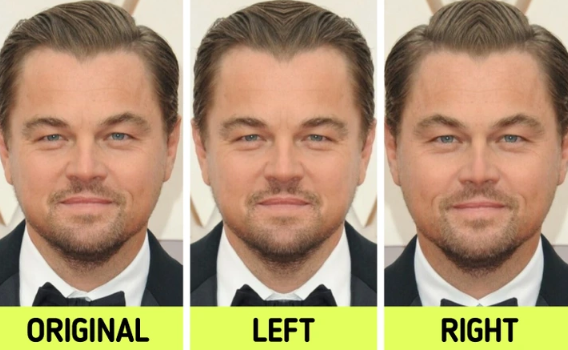
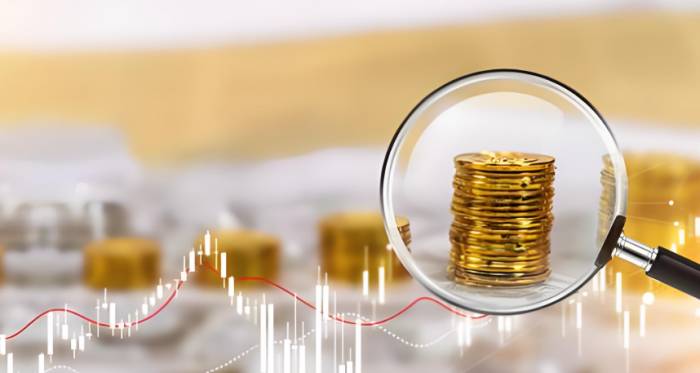
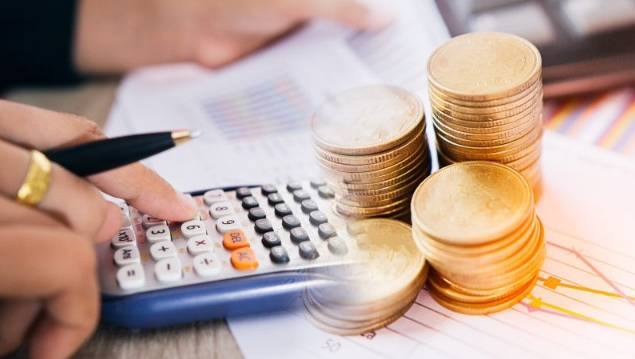
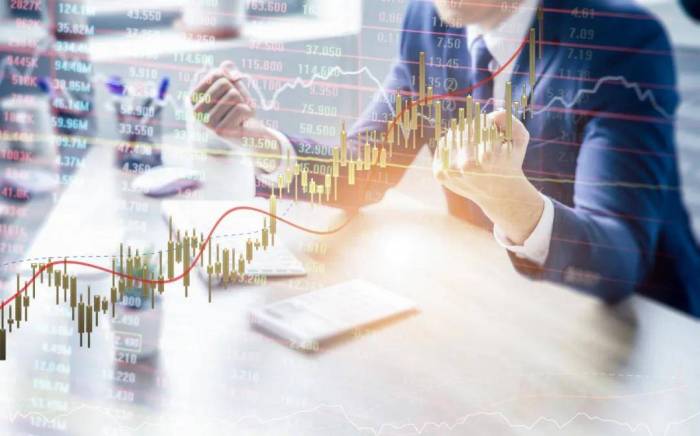
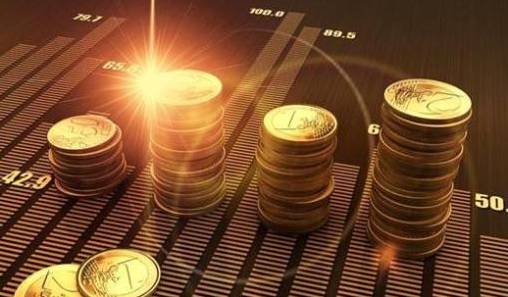
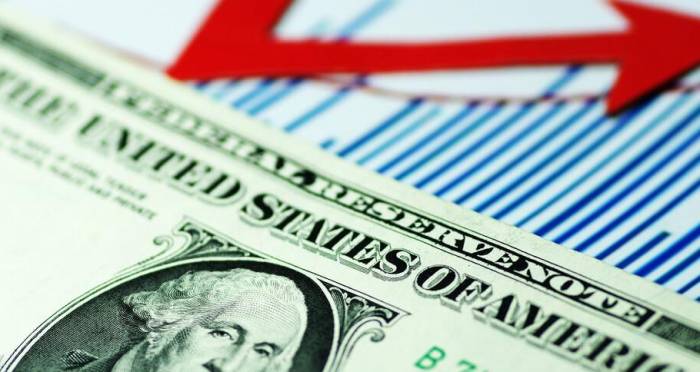

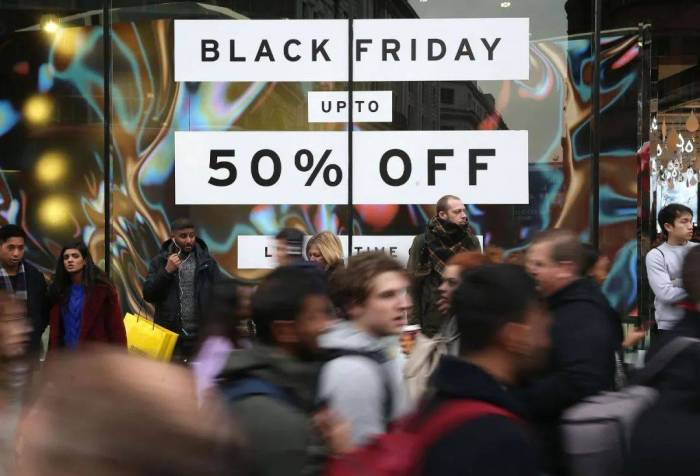

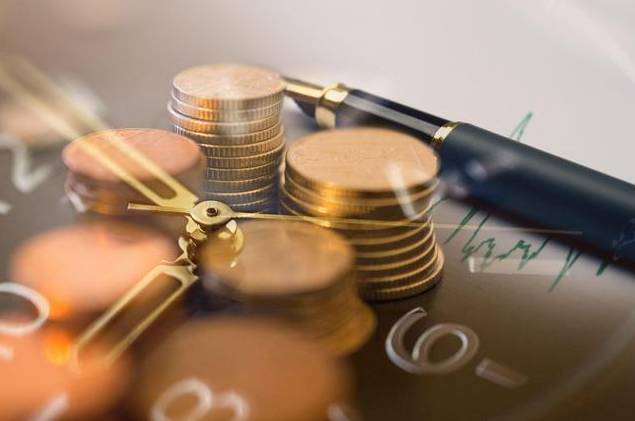
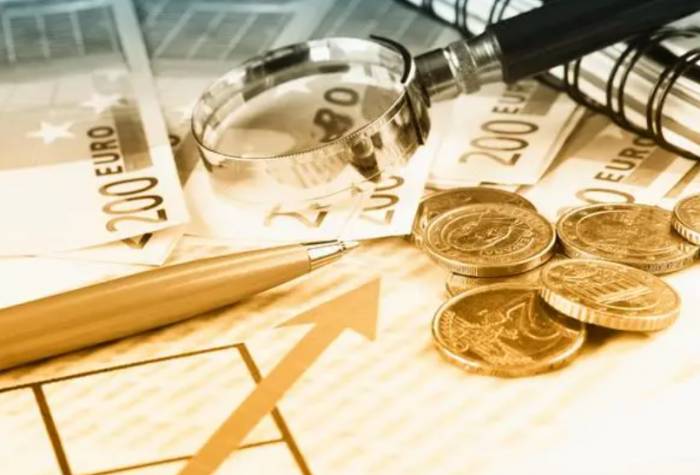

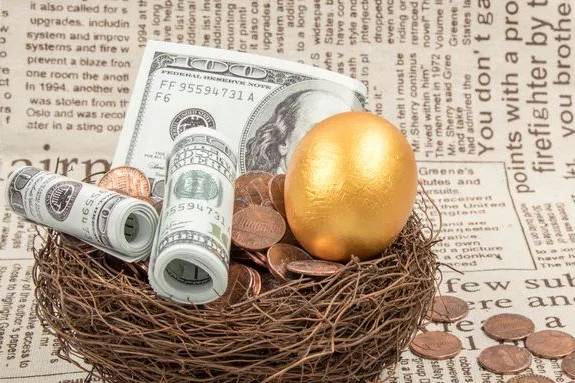

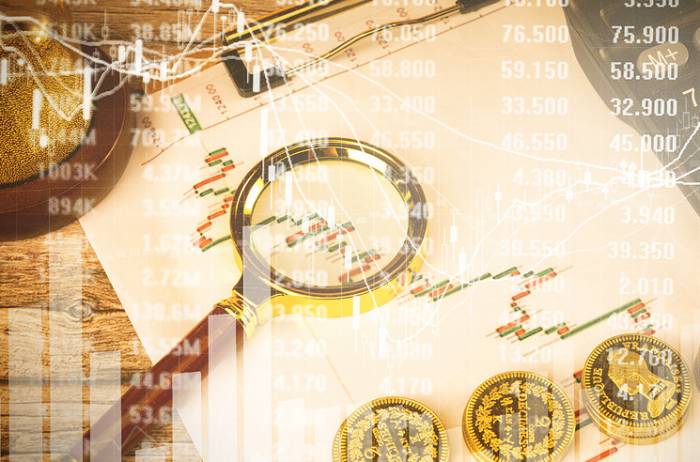
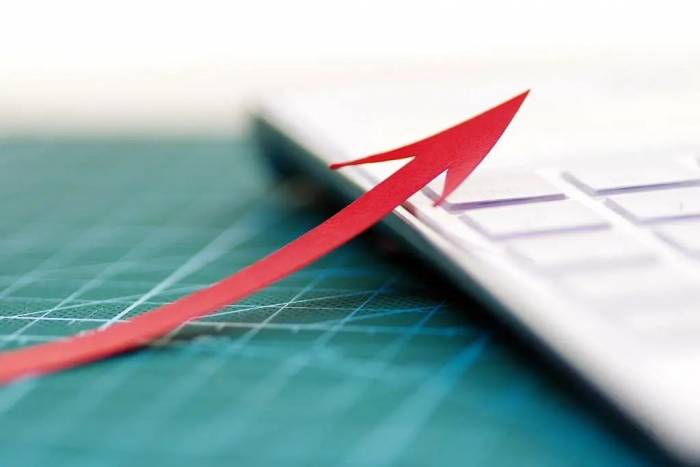


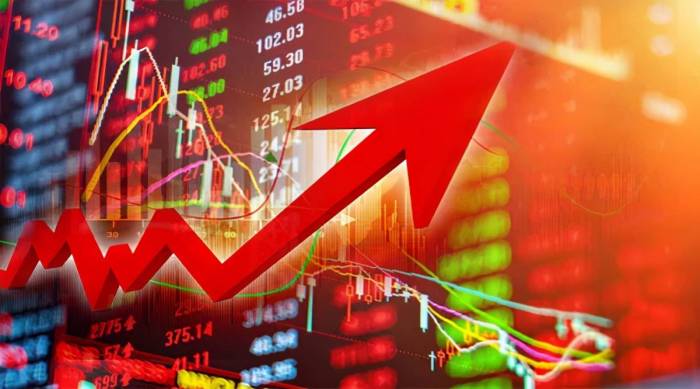
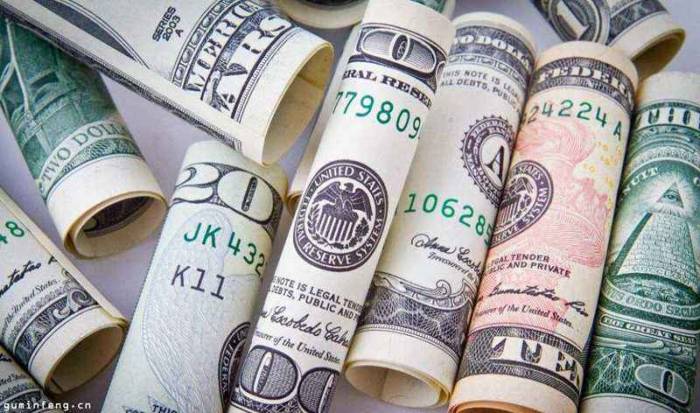
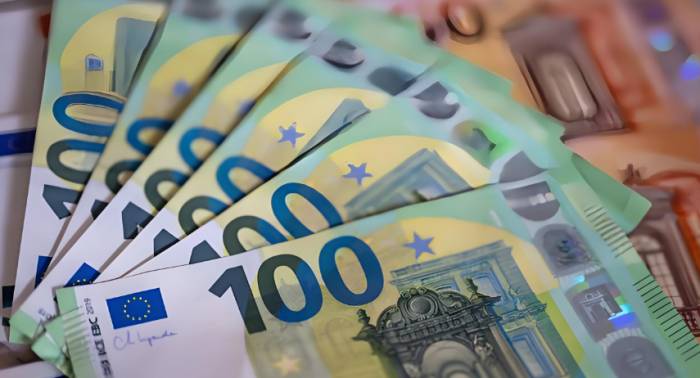
Leave a Comment